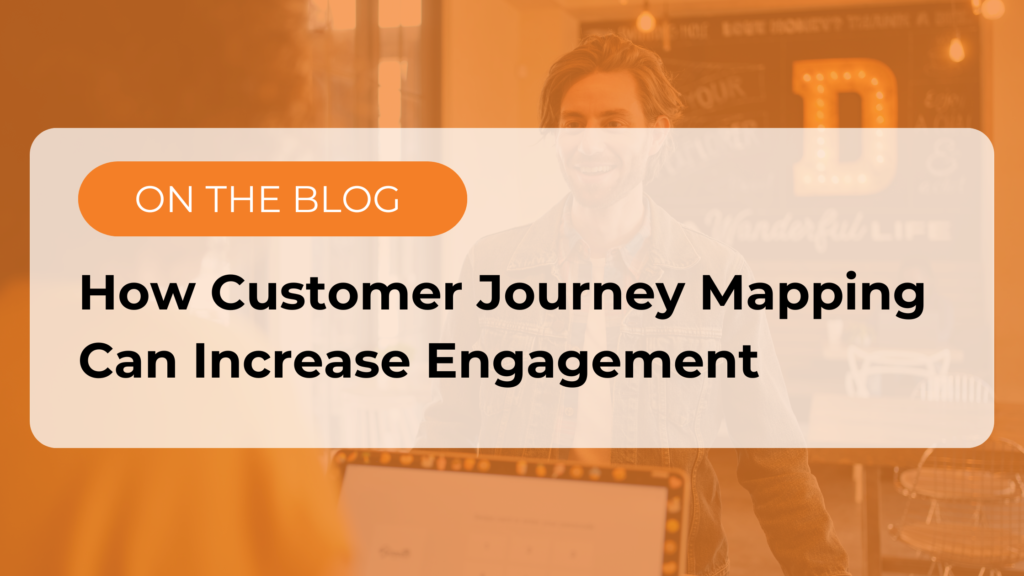A key performance indicator (or “KPI”) is a measurable value that defines and measures desired business results. KPIs are one of the most used but often misunderstood terms in business. Far too often, key performance indicator is taken to mean any metric that measures business performance. KPIs are only as valuable as the actions they inspire.
Having trouble identifying what KPIs to utilize to measure a digital campaign’s success? We’ve identified five that will do the trick!
Traffic Sources
When implementing a powerful digital strategy, it is essential to know where visitors of your website came from. There are four ways for potential customers to find your site.
- Direct, by typing it into their browser
- Referral, by clicking on a link from another website
- Organic, by searching on a search engine
- Or by a campaign, by clicking on a digital campaign or advertisement
Once you identify how each avenue affects traffic to your website, you can analyze what changes need to be made to make each of them successful.
Unique Visitors
The unique visitors metric indicates how many unique individuals have visited your website. It gives your organization insights into the overall awareness of your business and brand. The amount of unique visitors your website receives measures how compelling and popular it is among potential customers. Google Analytics is a simple tool that allows you to monitor visitor activity on your website, including what how many there are, where they are coming from and what they click on when they get there.

Click-Through Rate
This digital campaign KPI allows you to measure the number of times your advertisement was clicked on in relation to the number of times it was shown. Click-through rates (CTR) are useful in indicating how well your advertisement is performing among your target audience. It can be measured by dividing the number of clicks an advertisement receives by how many impressions an advertisement makes. A high CTR indicates that users found your campaign to be relevant and useful!
Purchase Funnel
The purchase funnel can be broken down into five stages:
- Awareness
- Interest
- Consideration
- Preference
- Purchase
Ultimately, the purchase funnel helps you understand your customer acquisition process, from how potential customers discover your brand, to how they become loyal customers. The key to measuring the purchase funnel is to identify the conversion rates of customers from one stage to the next. Ultimately, it will identify the strengths and weaknesses of your digital campaign in regards to gaining new customers and maintaining your current customers.
Return on Marketing Investment
Your return on marketing investment (ROMI) demonstrates how your marketing campaign affects your company’s revenue. ROMI is one of the most important KPIs, as measuring it for a multitude of campaigns can indicate which has a higher return. In its simplest form, ROMI can be measured by utilizing the equation below:
(Incremental Financial Value Gained as a Result of Marketing Investment – Marketing Investment) / Marketing Investment
Measuring a campaign’s ROMI is an essential element in determining if it is successful.
Summary
A lot of time and effort goes into creating a successful digital campaign, so you want to know what works for your brand and what doesn’t. KPIs can assist in determining how successful you are at achieving business objectives.
Do you need to optimize your digital campaigns to get a better ROMI? Burkhart is here to help.





